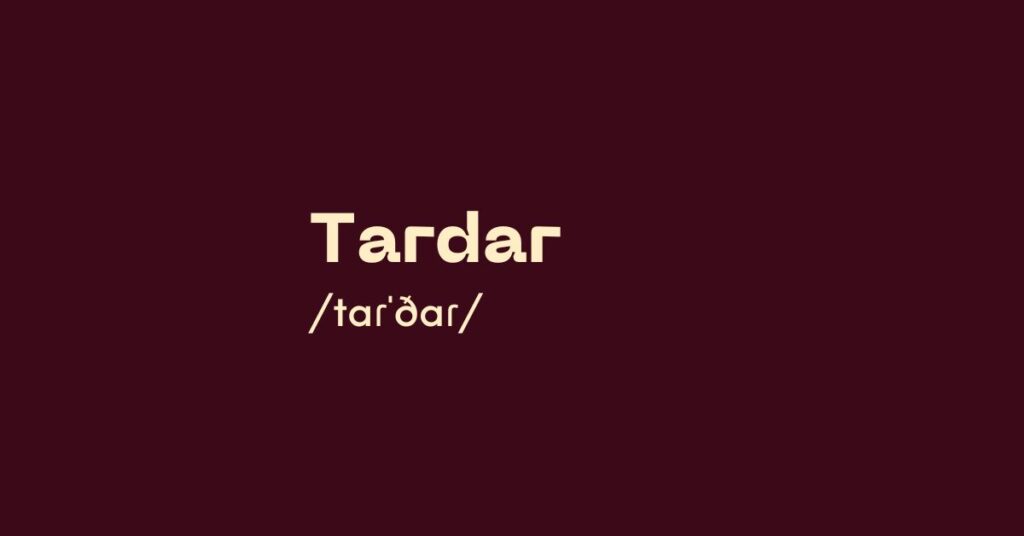Today’s Spanish word of the day is “tardar”.
It’s a verb meaning “to take time”. It’s used to say that something takes a long time.
The word “tardar” comes from tardare, meaning “to delay” or “to be slow”. This makes it related to a few English words such as “tardy” and “tarry”.
“Tardar” is a regular verb, so it’s conjugated in the same way as other regular -ar verbs.
Example sentences
Tardamos mucho en encontrar el lugar.
We took a long time to find the place.
¿Por qué tardas tanto?
Why are you taking so long?
No te preocupes, las cosas buenas tardan en llegar.
Don’t worry, good things take time.
Tardé más en encontrar estacionamiento que en hacer todas mis compras.
It took me longer to find parking than to do all my shopping.
Estoy tardando en responder porque quiero pensar bien lo que digo.
I’m taking a while to answer because I want to think carefully about what I say.

